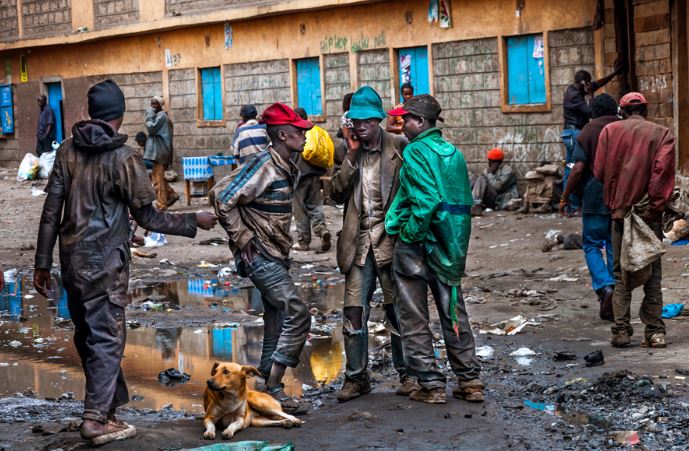×
The Standard e-Paper
Kenya’s Boldest Voice

One of the surprises of visiting developed countries has always been finding homeless people – sufferers – on the streets. Men seems over-represented in this category.